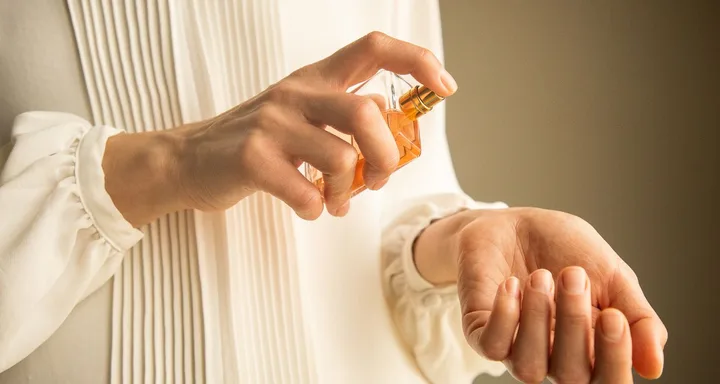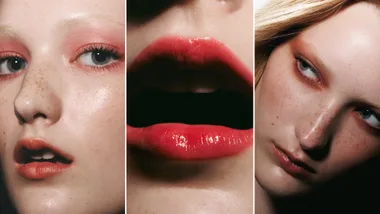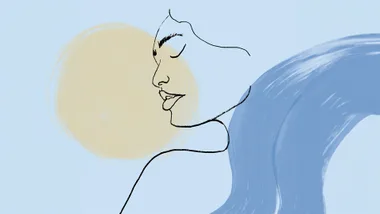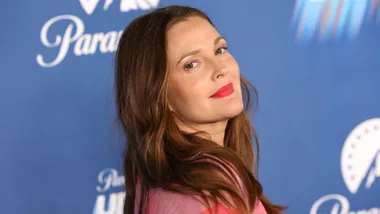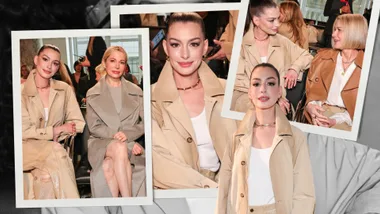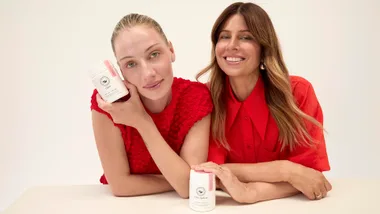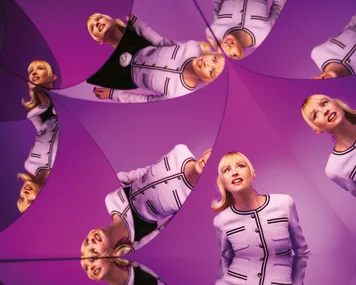Ever found yourself shopping for a new fragrance and felt lost in a sea of fancy-sounding French words? You’re not alone.
As it turns out, there’s actually meaning behind the hard-to-decipher lingo on the bottle of your favourite scent. And, in addition to the smell itself, these words can actually play an important role in helping you pick your next fragrance.
So to help decipher the many different fragrances available, and determine exactly which scent type suits you best, we enlisted the expert advice of Dimitri Weber, founder of luxury fragrance brand, Goldfield & Banks.
Keep reading for his tips and tricks to choosing your next perfume.
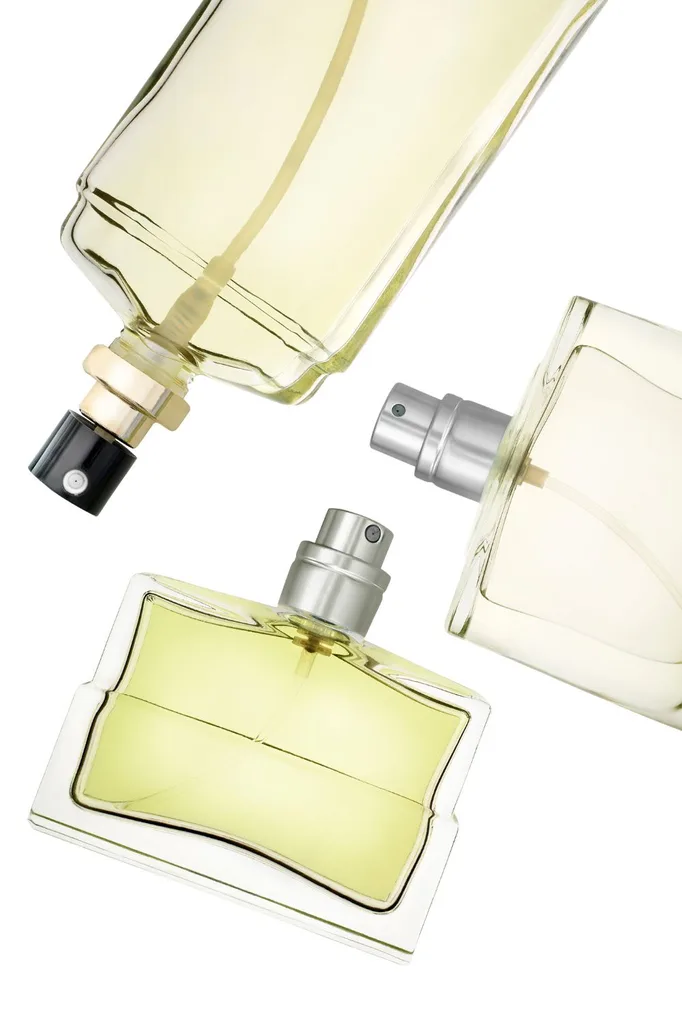
What Is The Difference Between Eau De Toilette And Eau De Parfum?
According to Dimitri, the main difference between an eau de toilette and an eau de parfum is intensity.
“I like to think of eau de toilette fragrances as a quick way to freshen up in the morning, something that will dissipate by evening so you can wear something else on top without the notes clashing.”
“An eau de parfum, on the other hand, is much stronger and will often last through the day and well into the evening, subtly changing as the day goes by.”
Exactly why these fragrances wear differently comes down to the concentration of oils and alcohol. Eau de parfums typically have a stronger concentration of fragrance oils, making their effects more intense and longer lasting than eau de toilettes, which are formulated with less oil.
According to Dimitri, the types of ingredients used in a scent will also determine how long lasting it is.
“Things like citruses are mainly made up of very volatile molecules that smell intensely but fade quickly,” he explained.
“On the other hand, a lot of woods, musks, and ambery notes are less volatile and take longer to fade away, which is why those sorts of notes are more common in eau de parfum fragrances.”
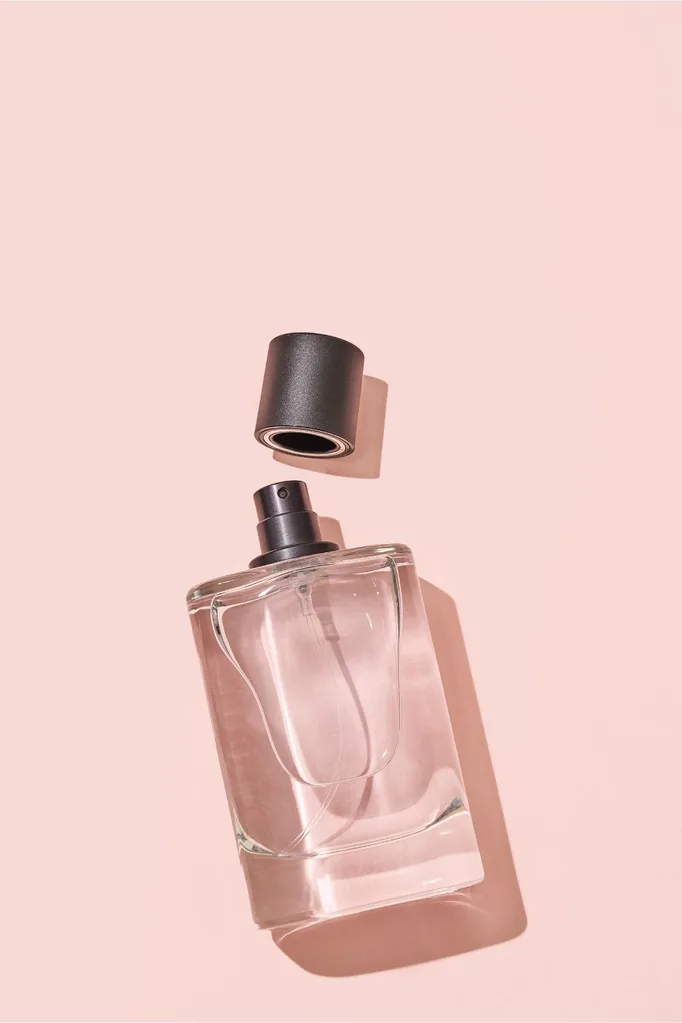
Are There Other Types Of Perfume?
While you might be most familiar with eau de parfums and eau de toilettes, there are actually five types of fragrance on the market, varying from least to most intense.
At the lighter end of the scent spectrum is eau fraiche, “which lasts a very short time but tends to create a big cloud of scent,” said Dimitri.
Next comes eau de cologne, “which is a little stronger, lasts longer, and is traditionally based on citrus and herb notes,” and is closely followed by eau de toilette.
Eau de parfum sits in the middle of the fragrance spectrum, followed by parfum, and extrait de parfum which, Dimitri explained, has the strongest concentration, sometimes containing over 50% fragrance oil.
How Do I Know Which Fragrance Type Is Right For Me?
“It really depends on where you are, and what impression you want to leave,” said Dimitri.
“Some occasions call for subtlety, such as a date at a nice restaurant, but sometimes loud is perfect, like an outdoor concert.”
Beyond personal preference, he explained that weather can also play an important role in the scent you choose.
“Warm weather increases evaporation rate, which could make your extrait de parfum have much more sillage than it should, so fragrances like those are best saved for cold days and nights.”
It’s important to note that your body’s own chemistry will play a role in the wear and longevity of a fragrance, so it’s a good idea to trial a new scent before you fully commit to it.
